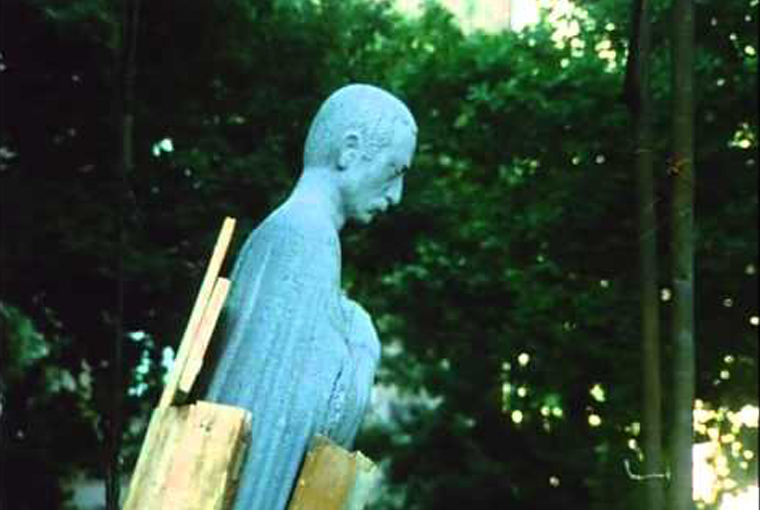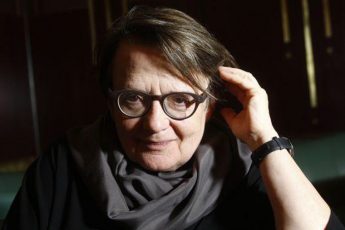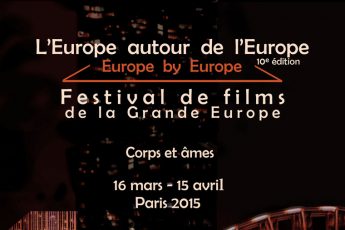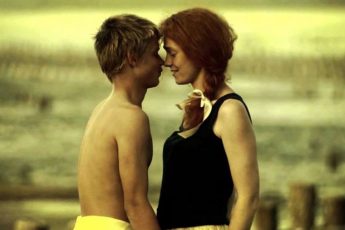
Is cinema quite as good as it used to be 50 years ago? There are various ways of polemizing that question, which seems both too great in scope and too vague in its supposed criteria to incite a meaningful debate. That said, there are also good reasons for not brushing it off too quickly as an uninformed and blind form of nostalgia for all things gone. Firstly, it’s a persistent intuition that, if wrong, would at least require thorough analysis for hope of getting rid of it. Secondly, by substantiating the question – confining it to national cinemas would be a good start -, one can get at various correlations between one’s aesthetic judgements and the objective structural changes that have swept cinema in the past few decades. With that in mind, we hope our discussion with Agnieszka Holland in this month’s issue – in which we discuss recent developments in both Polish and European culture – will help elucidate what that question amounts to, and what potentially worthy answers to it might look like.
***
We are happy to announce that EEFB’s Colette de Castro is joining the jury for the A l’Est du Nouveau festival, which will take place in Rouen April 17-24, where EEFB will also be moderating a debate on the lack of Eastern European cinema in the program of European distributors. The Paris-based L’Europe autour de l’Europe, which we covered extensively, came to a close today after a month of featuring rare and precious European productions.
This month’s issue features interviews with Agnieszka Holland and Harutyun Khachatryan, two notable filmmaking personalities whom we met at the L’Europe autour de l’Europe festival. Holland spoke about recent trends in European and Polish film culture and the main trends of her own films, while our discussion with Khachatryan revolves especially around the theme of return in his work. Also featured in our April issue are several reviews of films featured in the selection of the festival. Colette de Csatro saw Nana Dzhordzhadze’s My mermaid, My Lorelei and compared it to Rob Reiner’s Stand by Me (1986), Paulina Duda revisited Holland’s Total Eclipse, while Moritz Pfeifer examined Khachatryan’s Return of the Poet and Men Lereida’s Viktoria: A Tale of Grace and Greed. Finally, American filmmaker Godfrey Reggio pays tribute to Harutyun Khachatryan in a short essay about his colleague’s sense of time. Meanwhile, Duda also reviews the recent Polish comedy Disco Polo, accusing it of copying US-American humor and aesthetics, and Anna Batori saw Tbilisi, Tbilisi, a Georgian film from 2005.
Konstanty Kuzma & Moritz Pfeifer
Editors




Leave a Comment